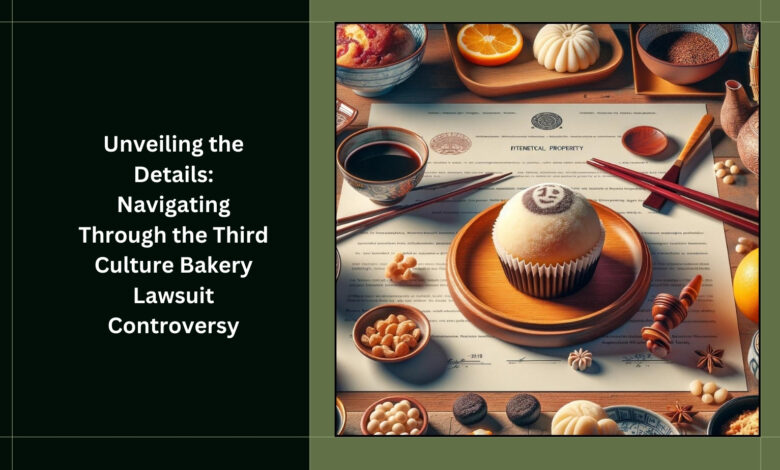Unveiling the Details: Navigating Through the Third Culture Bakery Lawsuit Controversy

The culinary world, often celebrated for its vibrant fusion of flavors and cultures, recently witnessed a legal tussle that has stirred the industry and its enthusiasts alike. The Third Culture Bakery lawsuit, centered around the innovative mochi muffin, encapsulates a complex blend of intellectual property rights, cultural appropriation, and the essence of culinary innovation.
Culinary Innovation and Intellectual Property
At the core of the Third Culture Bakery lawsuit is a dispute over intellectual property rights. The bakery, known for its unique blend of Japanese mochi and traditional American muffins, sought legal measures to protect its creation, leading to a broader conversation about the boundaries of culinary innovation and ownership. This legal battle raises crucial questions about whether and how recipes, which often evolve through shared cultural experiences, can be owned or trademarked.
The Essence of the Dispute
The controversy ignited when Third Culture Bakery issued cease-and-desist letters to other establishments over the use of “mochi muffin,” claiming trademark rights. This action has sparked debates about the balance between protecting one’s innovations and fostering a collaborative culinary culture where ideas and flavors are shared and celebrated.
Cultural Fusion and Controversy
The lawsuit also touches on the themes of cultural fusion and appropriation. The mochi muffin, a product of blending distinct culinary traditions, symbolizes the creative potential of merging different culinary heritages. However, the legal contention surrounding it underscores the complexities of such fusions, particularly when it comes to claiming ownership over something that resonates with a broader, multicultural audience.
Impact on the Culinary Industry
The implications of this lawsuit extend beyond the parties involved, potentially affecting how culinary professionals approach the creation and sharing of new dishes. The case underscores the need for a nuanced understanding of intellectual property in the culinary world and its impact on innovation and cultural expression.
Must Read: Smoothstack Lawsuit Uncovered: A Comprehensive Guide to the Case and Its Broader Implications
Conclusion
The Third Culture Bakery lawsuit is more than a legal dispute over a recipe; it’s a reflection of the broader challenges and opportunities that arise at the intersection of culinary innovation, cultural exchange, and intellectual property law. As the culinary world continues to evolve, the outcomes of such disputes will likely shape the future of food innovation, cultural appreciation, and legal frameworks in the industry.



